The Historical Effects of Wealth Inequality
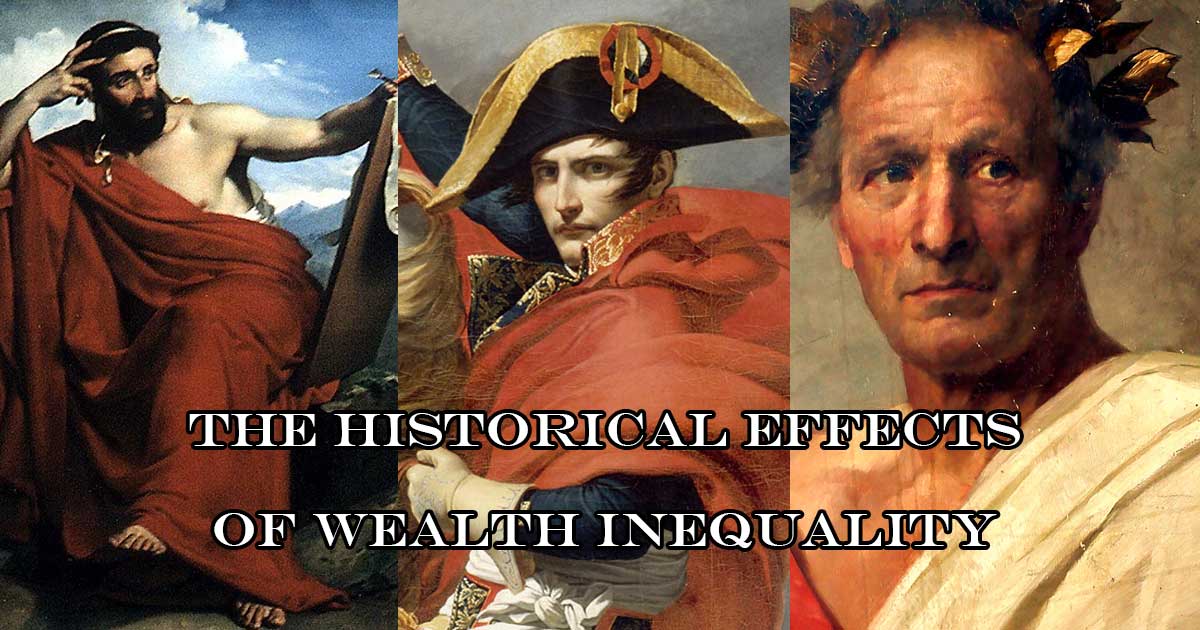
We examine the historical effects of social, political, and economic inequality on society to see how it has led to social unrest and events like revolutions and populist uprisings.
A philosopher is a person who studies philosophy using logic and reason.

We examine the historical effects of social, political, and economic inequality on society to see how it has led to social unrest and events like revolutions and populist uprisings.

We present a list of vices and virtues and look at vices and virtues as understood by philosophers like Aristotle and Aquinas.
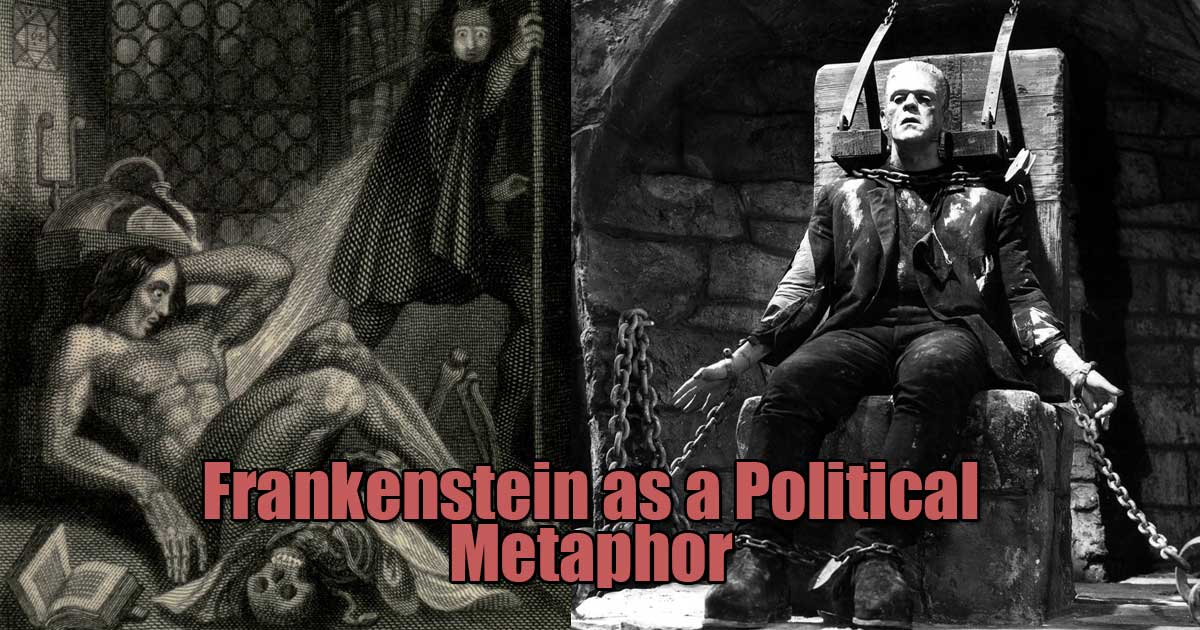
Mary Shelley’s Frankenstein (1818) can be read as a political metaphor where Dr. Frankenstein and his monster represent the philosophies and attitudes of the liberal revolutionaries, specifically those of the French Revolution and ensuing “Reign of Terror.”

Jean-Jacques Rousseau’s concept of the General Will roughly means “that which is in the best interest of the people” or “the public good”, and not just popular consensus.
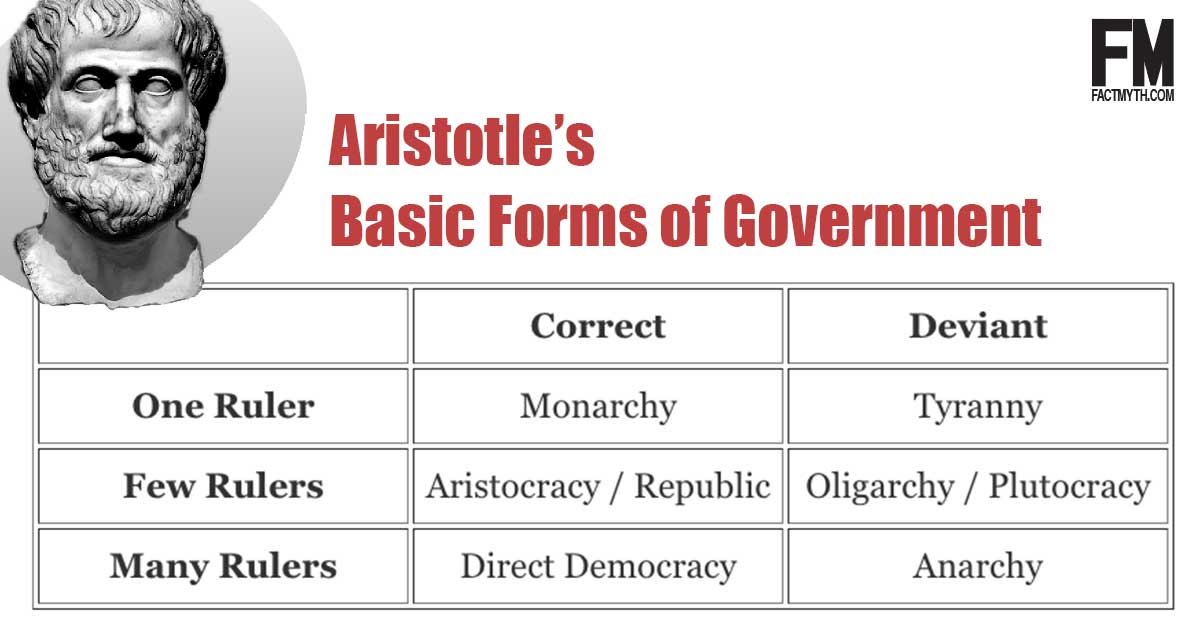
We explain and list the types of governments. We cover the basic classical forms of government, the many types of governments that can be derived from the classical forms, and the actual forms of governments in practice.

Saul Alinsky wasn’t a satanist, nor did he dedicate Rules for Radicals to Lucifer. Alinsky simply used Lucifer as a literary device to teach community organizing.

Social Contract Theory is the theory of why people form governments based on how people lived in a State of Nature before government.

Essentialism is the idea that everything has an essence (something that “makes it, it”). Existentialism says there is no essence (no intrinsic meaning that can be confirmed by the senses or reason).
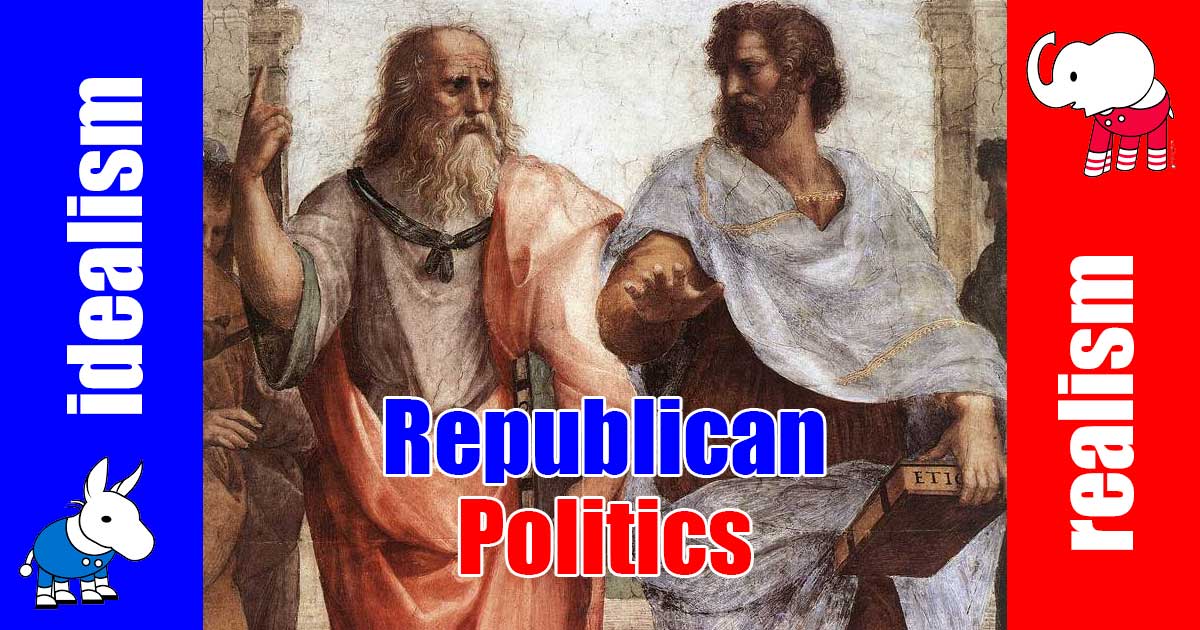
Plato can be understood as the father of rationalism and political philosophy (political idealism), and Aristotle, his student, the father of empiricism and political science (political realism).
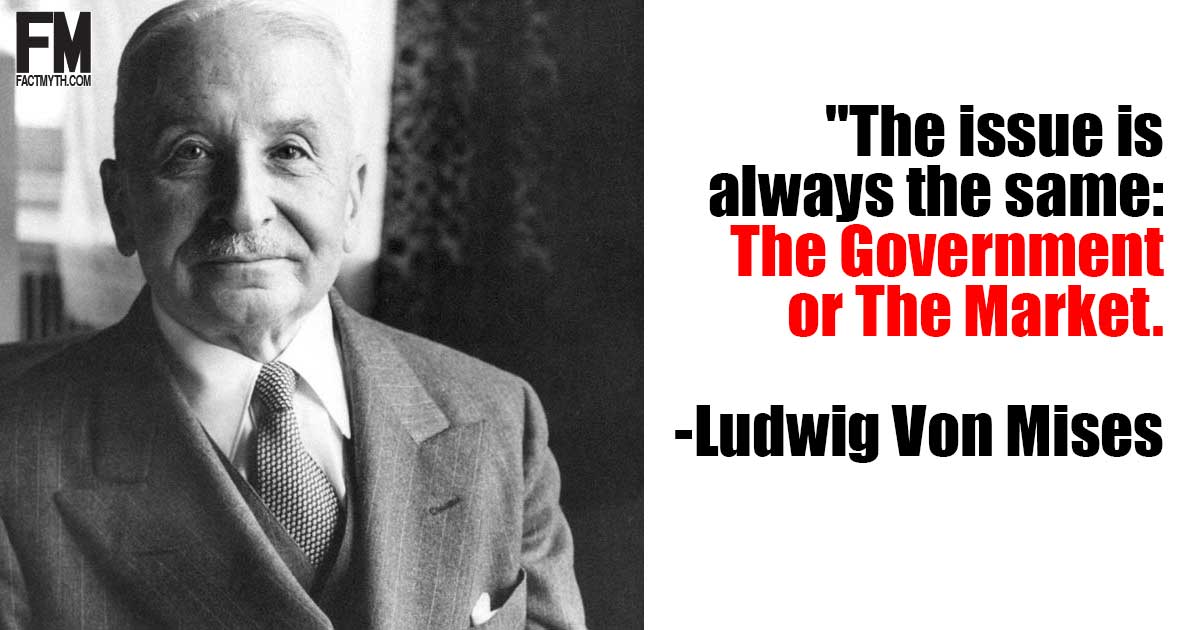
For a given market, the choice always boils down to state intervention vs. the free-market, there is no third option (unless you count mixed-markets).